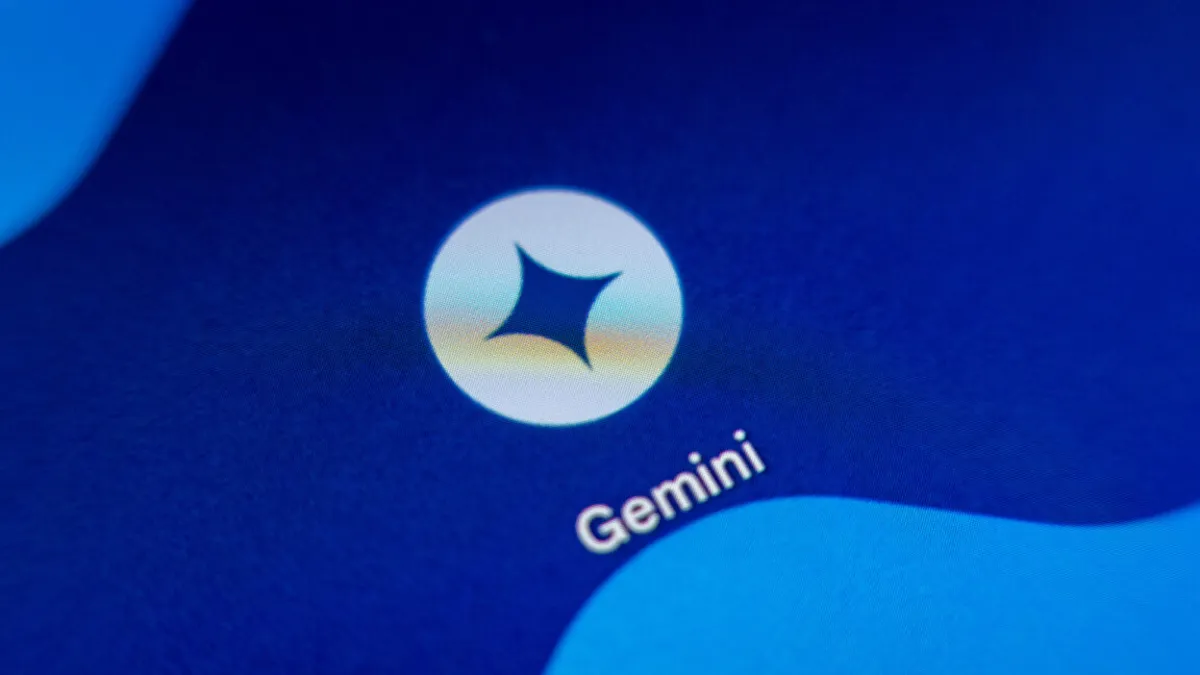
As Google solidifies its commitment to keeping Chrome within its ecosystem, the popular browser is set to undergo a revolutionary transformation thanks to the introduction of Gemini. According to Google, this upcoming upgrade will represent the most substantial enhancement to Chrome in its history, with AI technology being integrated into virtually every aspect of the browsing experience. For users who frequently utilize AI tools, these new features could prove beneficial, while those who prefer a more traditional browsing experience may find alternatives like Firefox more to their liking.
One of the most notable changes that users may have already observed is the addition of the Gemini button in the desktop version of Chrome. This innovative feature opens a convenient popup that allows users to ask questions about and receive summaries of content within their open tabs. While Android devices have already integrated Gemini at the system level to perform similar tasks, Google has announced that an iOS version of the Gemini app will soon be incorporated into Chrome for Apple devices.
Gemini's capabilities extend beyond just the current tab. Google aims to enable users to interact seamlessly with other apps and tabs without needing to navigate away from their current screen. When users activate Gemini in Chrome, it can access and analyze content from all open tabs, as well as interact with various Google products like Google Calendar and YouTube. Additionally, Gemini has the ability to retrieve links from your browsing history based on only a vague recollection of the content.
With the latest update, Chrome is inching closer to making AI Mode the default method for web searching. Users can initiate searches directly from the omnibox using AI Mode, which includes a dedicated button for easy access. The omnibox will also feature an "ask about this page" functionality, where Chrome can suggest relevant questions (currently available only in English) and display the answers in a side panel. The response will typically start with an AI Overview, and users will have the option to ask follow-up questions while in AI Mode.
Google is not only focusing on enhancing user experience but also on improving Chrome's security with AI integration. The Gemini tools are already capable of identifying common tech support scams, and an updated version, known as Gemini Nano, will enhance detection features to recognize fake virus alerts and fraudulent giveaways. Furthermore, Chrome's password manager will receive an upgrade that not only alerts users to compromised passwords but also allows for automatic password changes with a single click, streamlining the security process.
While most of Chrome's new AI features have been tested in early access, Google plans to roll them out fully to users in the coming weeks. However, the introduction of agentic control in Chrome will take a bit longer. Google has hinted at the potential of usage agents, similar to OpenAI's Operator and Anthropic's Claude for Chrome, which can theoretically operate your computer's cursor to complete tasks on your behalf. Tasks like scheduling appointments or ordering groceries are ideal candidates for this Chrome agent. Users simply input their requests and watch the technology in action.
Despite the promise shown by usage agents, they do face significant hurdles. These generative AI systems can be slow and costly. For instance, OpenAI's Operator is available through a subscription model that costs $200 per month, while Anthropic's agent may incur additional API charges for even simple tasks. Currently, there is no information regarding the reliability or speed of Google's upcoming Chrome agent, nor has there been clarity on any potential costs associated with its use. Google's blog post has not specified whether access to this feature will be restricted to paid subscribers.
While Google's agentic browsing assistant may not outshine its competitors, the widespread popularity of Chrome will likely introduce this technology to a broader audience. However, the question remains: will this feature be accessible to everyone? Google has a history of investing heavily in AI technology, but offering a costly computer-use model to billions of users might prove to be a challenging proposition.